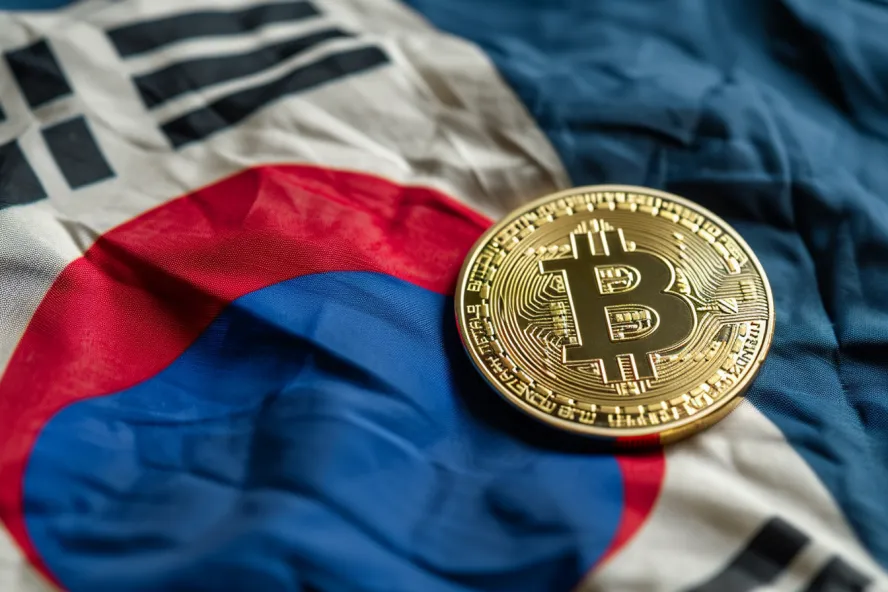Table of Contents
OKX has found itself in the crosshairs of South Korean regulators due to alleged unregistered activity.
According to local media, the cryptocurrency exchange is under the regulatory scrutiny of the South Korean Digital Asset Exchange Association (DAXA) and the Financial Intelligence Unit (FIU).
The regulators accuse OKX of facilitating unlawful service promotions of its centralized exchange platform, Jumpstart, to South Korean investors via Telegram influencers.
OKX allegedly paid Telegram communities to promote the platform despite not officially offering services to local investors in South Korea. It does not operate a Korean-language website either.
DAXA, which was formed following the collapse of LUNA, is working with a group consisting of South Korea's top crypto exchanges: Upbit, Bithumb, Korbit, Coinone and Gopax. The body told the block it reported OKX to local authorities for its alleged violations.
"The decision is for the Financial Intelligence Unit to make," a DAXA spokesperson said.
FIU is investigating whether OKX breached the country's regulatory standards and is evaluating the extent of its violations.
The probe comes as South Korea undergoes a new wave of regulatory scrutiny. South Korea’s Financial Services Commission (FSC) recently proposed that new crypto execs must obtain regulatory approval before commencing their duties.
The FSC said it intends to “improve” pain points of current local crypto laws. If approved, new executive hires in South Korea would only be able to start work when the FSC approves personnel change applications, giving the financial watchdog more authority over the sector.
These amendments will be revised by the Ministry of Government Legislation and a voting process by the FSC, and could be enacted by the end of March.
It also proposes that the FSC will have the authority to suspend the review of a crypto company's license regulation if the company or its members are being investigated by regulators.

Last month, an official from FSC told local media that the SEC's approval has not prompted the country's regulator to reconsider its stance.
“The SEC also reluctantly allowed virtual asset ETFs on a limited basis in response to the court decision,” the official said.
The FSC expressed concerns including unauthorized fund outflows, money laundering, and potential speculative losses. These concerns were pivotal in their decision to maintain the ban, first imposed in December 2017, which prohibits financial institutions from investing in cryptocurrencies.

However, Sung Tae-yoon, the chief of staff for policy of the presidential office, said the South Korean government is looking to introduce foreign affairs into local regulations. The announcement is thought to be linked to crypto ETFs.
The presidential office's push for Bitcoin ETFs also coincides with an ongoing discussion in the country about crypto tax.
Jeong Jung-hoon, deputy minister of the tax and customs office for South Korea’s Ministry of Economy and Finance, said that the National Assembly is weighing up abolishing crypto asset gains from income tax for financial investments.
President Yoon Suk-yeol's administration intends to eliminate taxes on financial investments like stocks and funds to bolster the wealth-building and financial planning efforts of its citizens.
The new tax regime will start on 1 January 2025. Citizens with more than 2.5 million Korean won ($1,865) in crypto asset gains will be subject to a 22% tax. The government plans to submit an amendment later this month.











